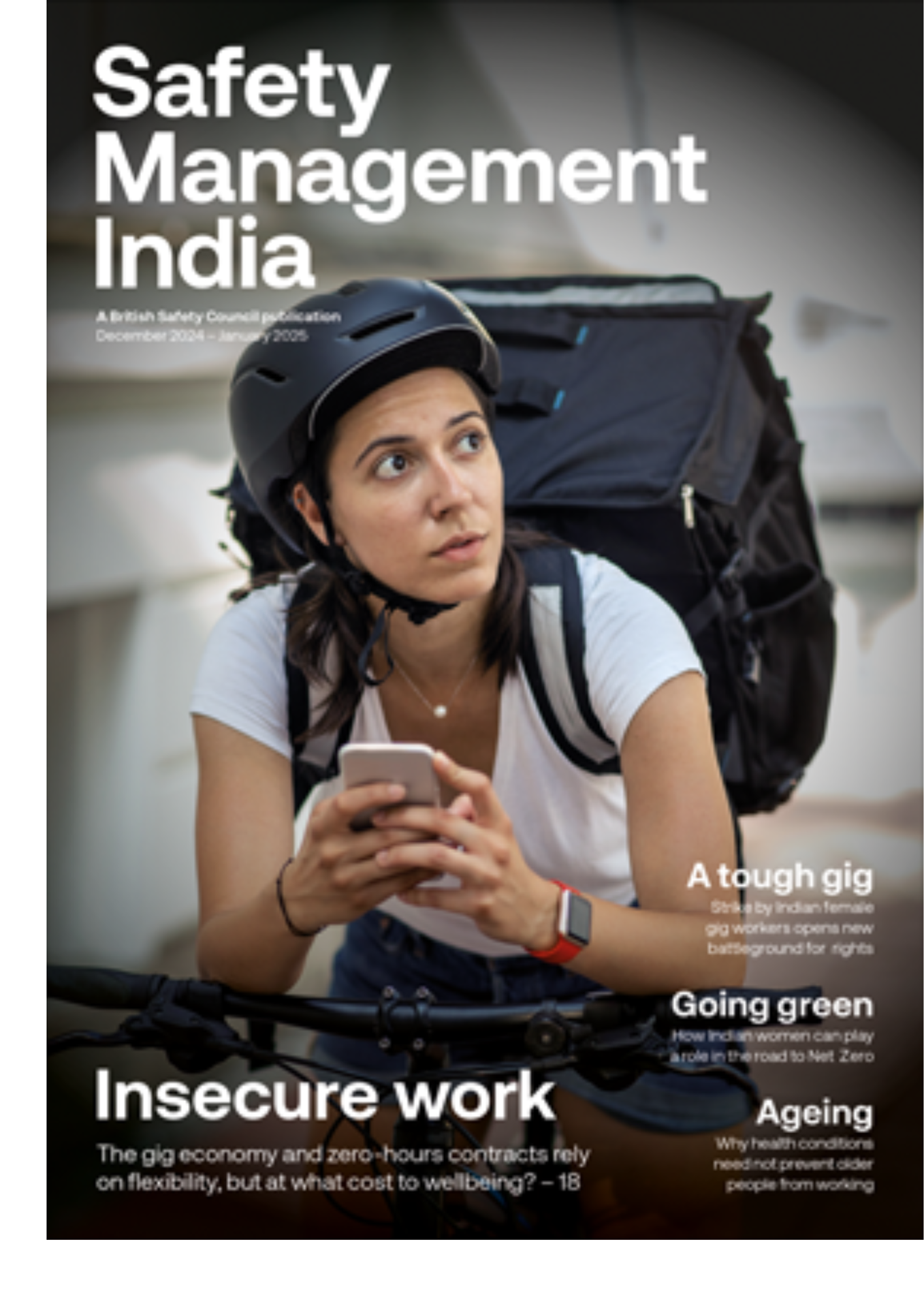Discrimination against healthcare workers in England from members of the public reached its highest level in five years in 2023, according to data from the latest NHS England staff survey.
News
NHS England staff increasingly discriminated against and harassed by the public: survey
Of the roughly 700,000 NHS staff who participated in the survey, almost 8.5% said they had personally experienced some form of discrimination from patients or other members of the public last year – up from 7.2% in 2019.
For the first time, last year’s survey also asked whether employees had been sexually harassed at work by patients or members of the public. The results showed that almost 8.7% of NHS England staff had experienced sexual harassment from members of the public while carrying out their duties. For ambulance workers, this figure rose to almost a quarter.
 Unions are calling for tougher action to stamp out third-party harassment of NHS workers. Photograph: iStock/sturti
Unions are calling for tougher action to stamp out third-party harassment of NHS workers. Photograph: iStock/sturti
“It is very distressing that more than 58,000 NHS staff reported experiencing unwanted sexual behaviour from the public last year and such conduct should not be tolerated in the NHS,” said NHS England chief workforce, training and education officer, Dr Navina Evans.
“That is why the NHS launched its first ever sexual safety charter last year, which provides clear commitments to improve reporting on unacceptable behaviour, as well as appointing more than 300 domestic abuse and sexual violence leads, who will review and improve trust policies for reporting of sexual harassment.”
NHS England said its trusts were also putting measures in place to protect frontline workers, including the rollout of “thousands of body cams” so that paramedics could record abusive behaviour from patients and the public.
But unions are calling for tougher action to stamp out third-party harassment of NHS and other workers. UNISON wants employers to “do more” to protect healthcare workers and people using NHS services.
“NHS staff must be able to get on with their jobs without the fear of abuse, assault or ill-treatment from bigots, racists and sexual predators,” said UNISON acting deputy head of health, Alan Lofthouse. “Health and emergency workers caring for people and saving lives shouldn’t ever have to suffer attacks, unwanted advances or inappropriate comments.”
The Unite union, meanwhile, is calling for “concrete legislation” to tackle third-party harassment at work. Pointing to a TUC poll from last year, which found that half of women aged 18-34 had experienced harassment from a third party at work, Unite claimed that a “watered-down Workers Protection Bill” had affected employee safeguarding.
“The removal of the need for employers to take all reasonable steps to prevent harassment puts the most vulnerable of workers at risk – particularly frontline professionals, retail staff or hospitality workers who suffer regular abuse from service users or customers,” said Unite national officer for women, Alison Spencer-Scragg.


NEWS
Venue owners have two years to tighten up safety as Martyn’s Law passes Royal Assent
By on 01 January 0001
Review leader says “new era of workplace health” must solve long-term sick crisis
By on 01 January 0001

